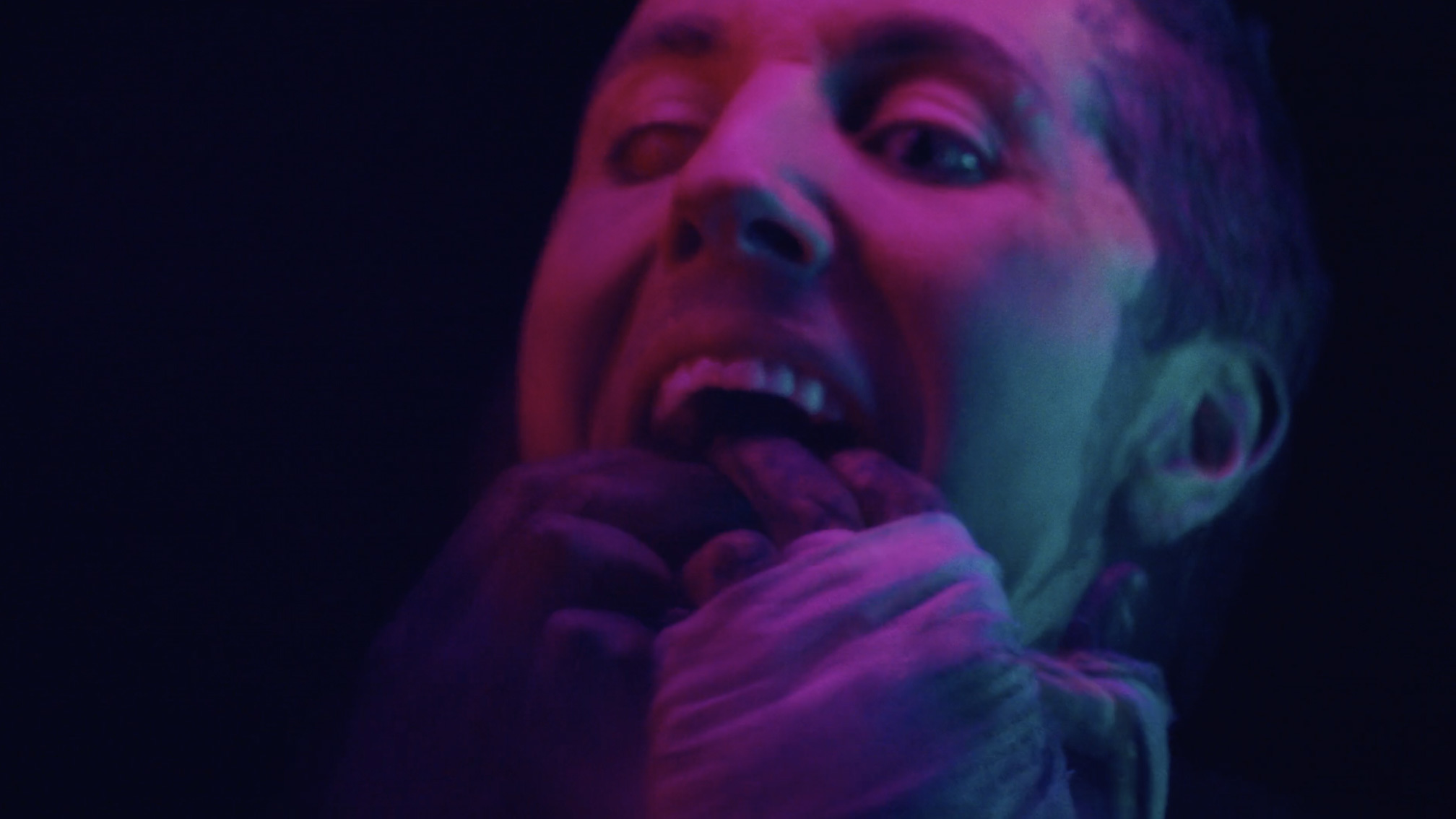


He had also met his second wife, Alissa Salls. “Spitting over heavy guitars would have seemed like I wished her bad, but I don’t,” says Sykes. Photograph: Naki/RedfernsĪmo, made after that painful breakup, was for the most part surprisingly relaxed. Pop-metal gurus: Bring Me the Horizon back in 2006. That outweighed my anger, the safety of this person.”

The night I found out was such a dark time. And was going through a really hard time when it happened, so there was always more worry about her than hatred. “I said: ‘I love you, but I can’t do this any more.’ I kept my cool so much … for her to come out and paint me as an abusive person, it was unbelievable.” But, he says: “I’ve been in relationships where I’ve cheated on the other person – I ain’t always been a saint. She later accused Sykes of his own infidelities, and of slapping and spitting on her. Sykes, however, was soon confronting a new trauma: his first wife cheated on him. His voice strengthened further on 2016’s anthemic That’s the Spirit, which just missed out on the No 1 spot (“We were so gutted, heads in our drinks, like: bloody Stereophonics”), but the album spent a year in the charts and took them to Wembley Arena. He poured the experience into the band’s 2013 major-label breakthrough Sempiternal, telling an awards ceremony audience the following year: “When I got out of rehab I didn’t want to scream any more, I wanted to sing from the fucking rooftops.” Unbeknown to those fans, Sykes was suffering from undiagnosed ADHD and developed an addiction to ketamine. The disaffection was grist for his new band, who built a devoted following across their first three albums. The band performing in New Orleans in October 2019. It would stem from one kid beating me up, to everyone … implanted into me that’s what everyone was going to do to me, going through life.” The end of year 11 prank every year was to beat the shit out of me. “I was the school punching bag,” he says. Now 33, he grew up in Stocksbridge, a small South Yorkshire town between Sheffield and Huddersfield. Tattoos cover his arms and creep around his face, as if he is only just keeping them at bay. We talk through it all in the vegan bar he owns in Sheffield, under the offices of his clothing company, Drop Dead. His passage through hoarse choruses to pop tunefulness reflects his own progress through a hellish childhood, addictions and divorce. Its slick pop was a long way from their roots, back when Sykes would demonically roar over fiddly riffs and stop-start rhythms. That 2018 album was their sixth since forming in Sheffield in 2004, and gave them their first UK No 1 and two Grammy nominations. “Our last album, Amo, we must have spent hundreds of thousands making that, and we’ve made this new one for nothing,” says Sykes. It makes sense, practically and aesthetically, for their “cyberpunk metal” to be built with software.

Seven of the nine tracks were made entirely during, and are often about, lockdown the new single Teardrops, on which Sykes yells “Oh God, everything is so fucked!” with exasperated terror, was inspired by rolling news during the pandemic, “how we allow ourselves to be traumatised by it every day, and it’s addictive”.īand members isolated from one another and collaborated over Zoom and FaceTime. The song is included on Bring Me the Horizon’s new EP Post Human: Survival Horror, which features brilliant apocalyptic pop with boyband-style melodies. Sykes castigates “all the king’s sources and all the king’s friends” who “don’t know their arses from their pathogens” and asks: “When we forget the infection / Will we remember the lesson?”
#Parasite eve bring me the horizon full
Full of theatrical flourishes such as sirens, sneezes and dispassionate cyborg-overlord voices, its volatility – swinging from whispers to giant chords – is evocative of the chaos that has defined 2020. Parasite Eve was released in June and became the first great piece of art about the pandemic.


 0 kommentar(er)
0 kommentar(er)
